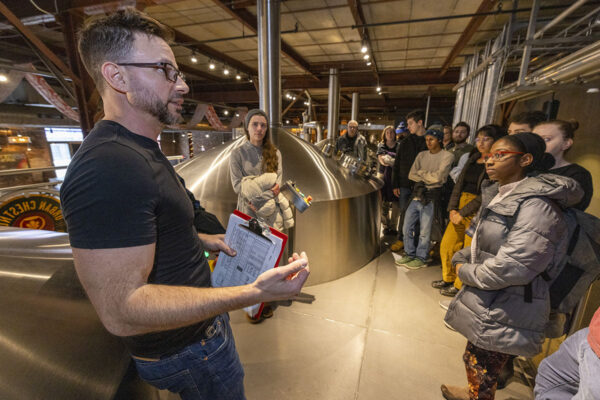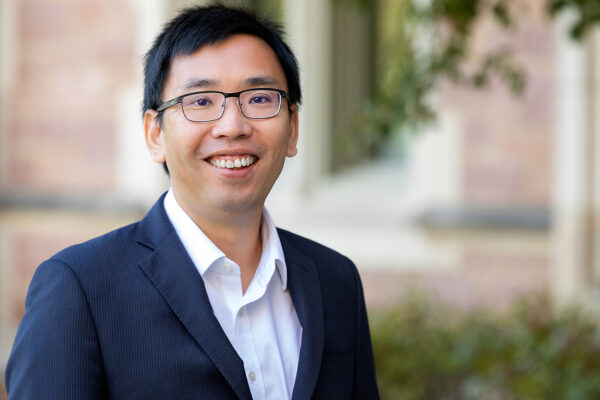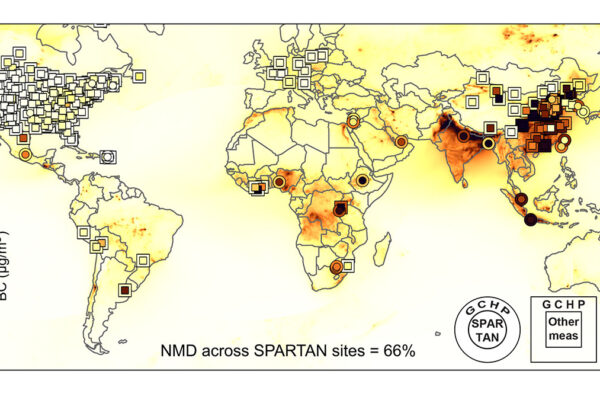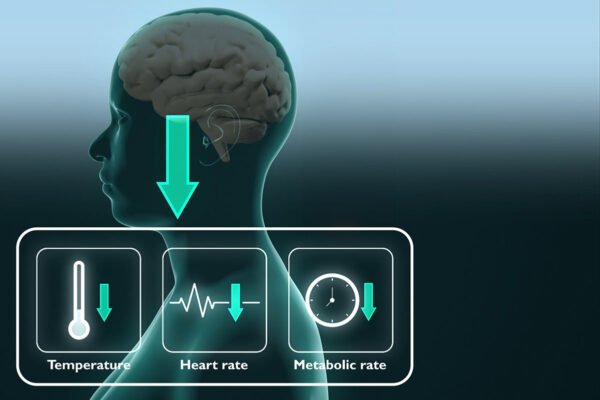Link between surfaces in buildings, indoor air quality under spotlight
Environmental engineer Jenna Ditto, at WashU, aims to establish a link between indoor air quality and the chemistry of building material surfaces with a grant from the National Science Foundation.
When waves meet the shore, sea spray levels up
Researchers at Washington University in St. Louis find sea spray concentrations, used in measuring cloud formation, can vary widely and estimates made from shore should not apply to lower levels of spray on the open ocean.
Data science uncovers patterns in health service use linked to child mortality
An interdisciplinary team of researchers at Washington University in St. Louis identified drivers of maternal and child health service use across Africa.
Roccabianca named director of Center for Women’s Health Engineering
Mechanical and materials engineer Sara Roccabianca has been named director of the Center for Women’s Health Engineering in the McKelvey School of Engineering at Washington University in St. Louis.
Unique fingerprints in 3D printing may foil adversaries
A researcher at Washington University in St. Louis developed a way to create an embedded fingerprint in 3D-printed parts that would withstand the item being broken, a potential way to track “ghost guns.”
Up to $5.2M in federal funds will enable WashU to develop new biomanufacturing capabilities
Researchers at Washington University in St. Louis are working on giving biomanufacturers a competitive edge by solving the challenge of continuous fermentation.
Jiao named ACS fellow
Feng Jiao, a professor at Washington University in St. Louis, was elected a 2025 American Chemical Society fellow.
Black carbon emissions underestimated in ‘global south’
Researchers at Washington University in St. Louis have used a variety of models to measure ambient concentrations of black carbon in the “global
south” and found estimates of these harmful emissions have been grossly underestimated.
Brennan honored for excellence in engineering education
The American Society for Engineering Education has awarded Janie Brennan, a senior lecturer at Washington University in St. Louis, the Ray W. Fahien Award for early-career excellence in chemical engineering education.
Synthetic torpor has potential to redefine medicine
Hong Chen, a biomedical engineer at WashU, shares the potential for using synthetic torpor technology to develop new treatments for a range of illnesses and injuries.
Older Stories









